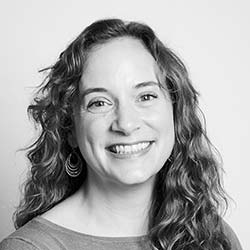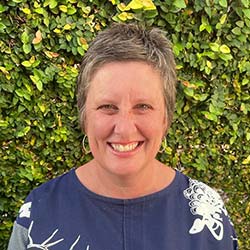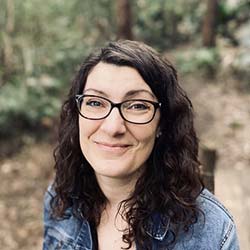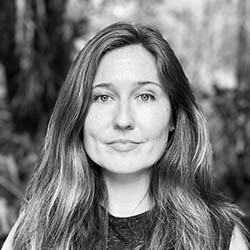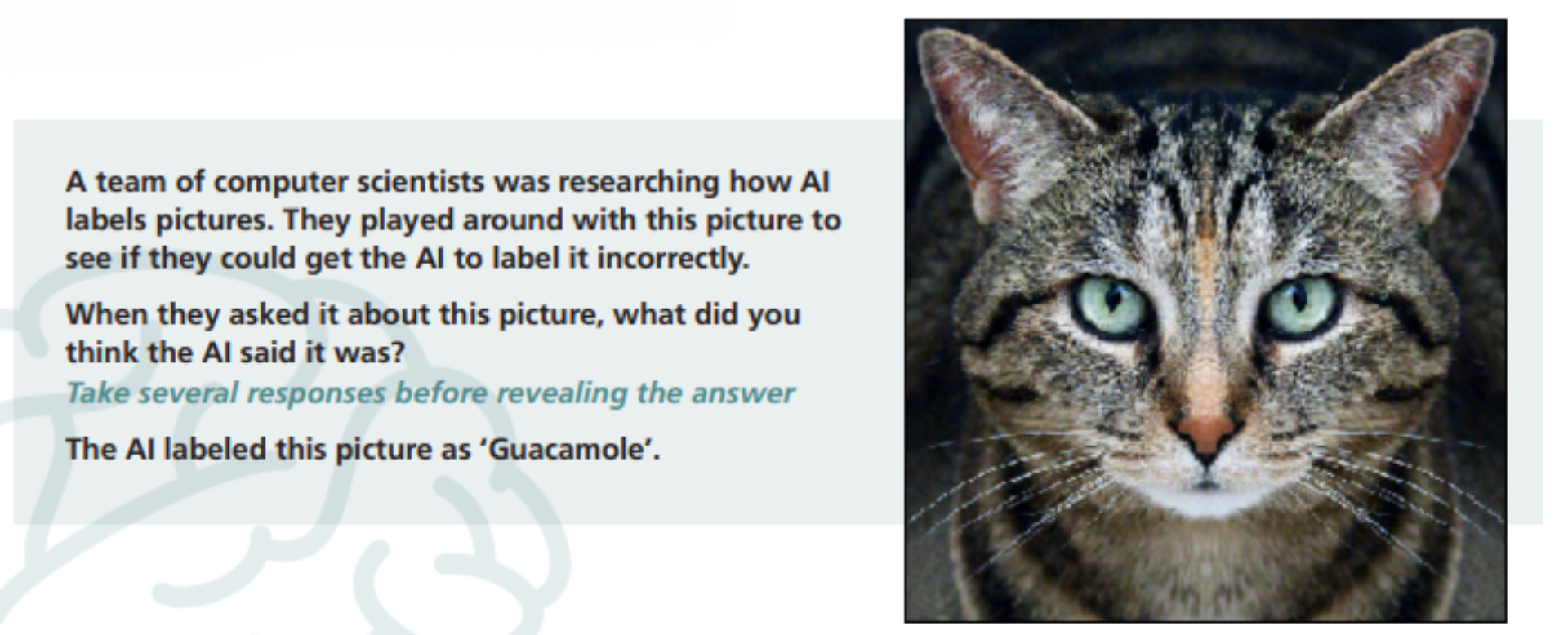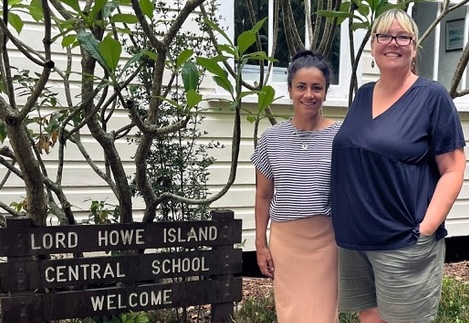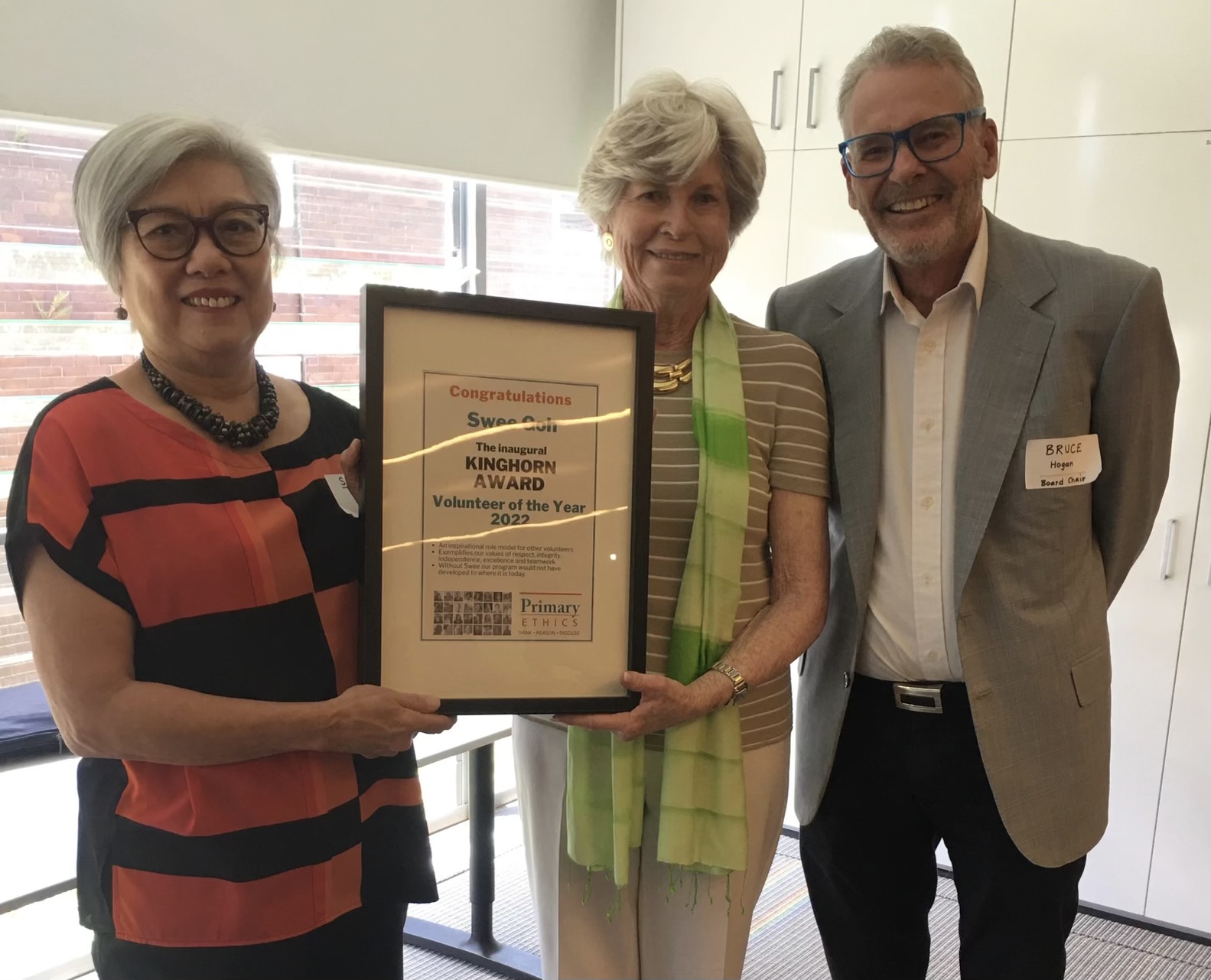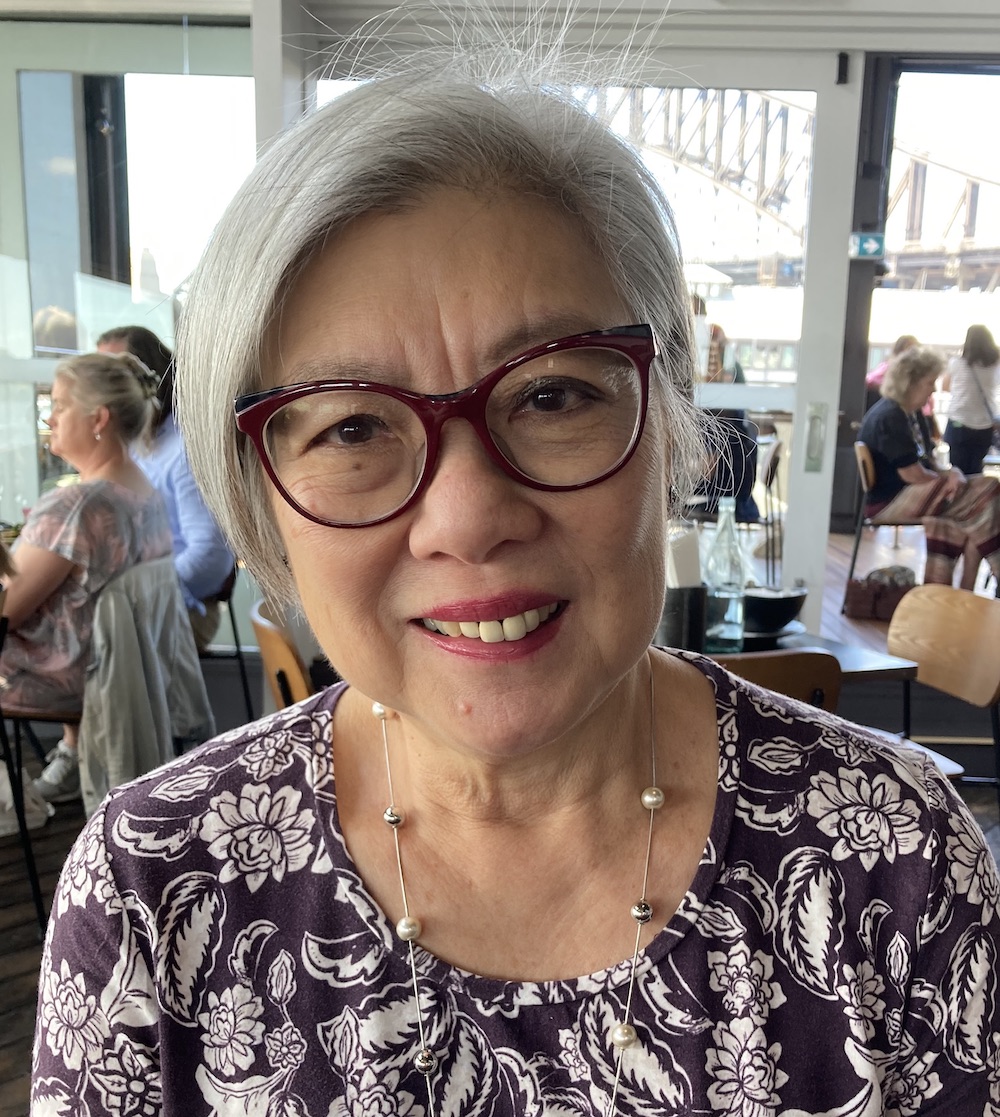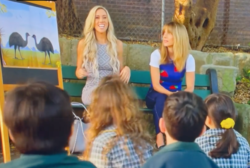The Kinghorn Award for ethics volunteers 2024
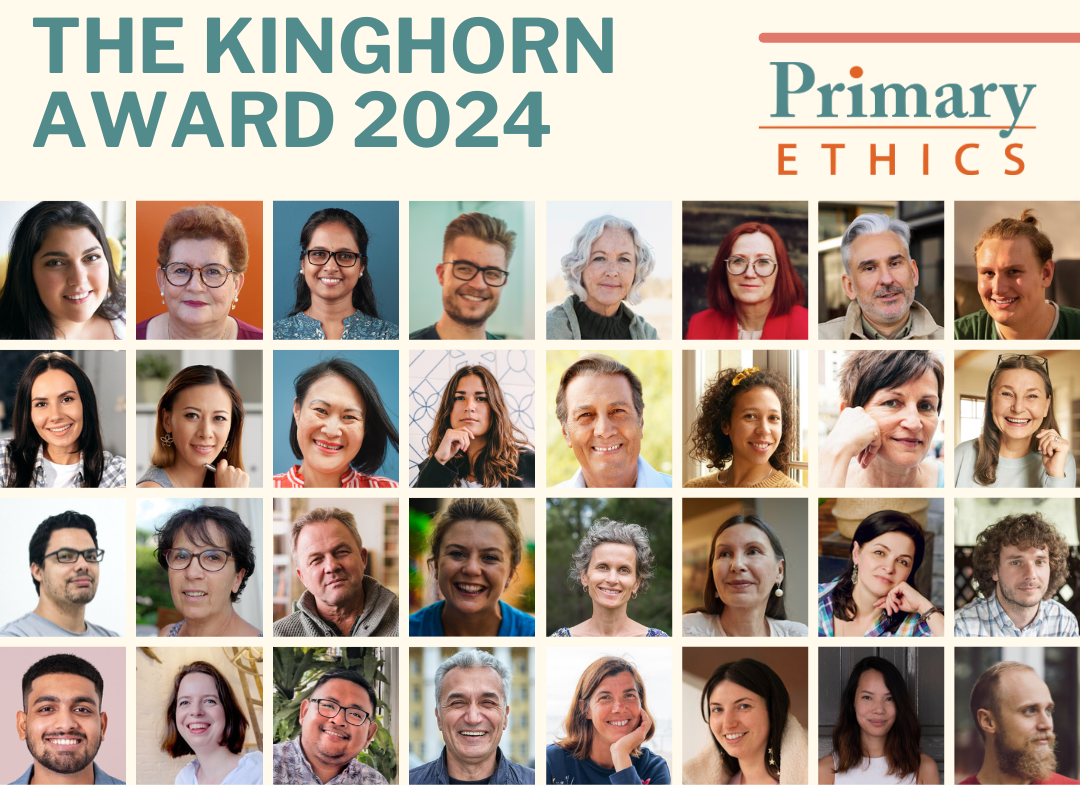
Primary Ethics is delighted to announce the Kinghorn Award for ethics volunteers 2024, which brings substantial prize money to go to the recipient’s chosen school, as well as public recognition and appreciation for the often-unsung efforts of our wonderful volunteers.
This award will honour an ethics volunteer or a school team of volunteers who have strongly contributed to the success of the ethics program at their school – or schools. We want to acknowledge team players, good communicators, who are supportive of other volunteers, reliable and committed to our program of ethics education.
The award is open to all ethics teachers, coordinators, regional managers and members of the Classroom Support Team (except individual Primary Ethics staff – they are eligible as members of a team). Every volunteer can nominate other volunteers for this award – there is no limit on numbers of nominations. Only volunteers who have been active in 2024 are eligible to be nominated.
We are looking for someone or a team who:
- has made a significant contribution to our mission to deliver ethics education to children so that they can develop skills in ethical reasoning, critical thinking and respectful discussion
- has conducted themselves in a manner true to our values of respect, integrity, independence, excellence and teamwork.
THE PRIZE
The winner has the privilege of directing $4000 towards the library service in the school or schools of their choosing. They will be awarded an engraved trophy and their school library will be given a hardcover copy of Unstoppable Us, volume 2. Why the World isn’t Fair by Yuval Noah Harari, containing a bookplate with details of this award winner.
We will present the award to the winner at a ceremony in December 2024.
Nominations close at midnight on Friday 27 September, 2024.
The winner will be announced in late November 2024.
WHY THE KINGHORN AWARD?
The Chair of the Primary Ethics Board, Bruce Hogan, through his Hogan Family Foundation, is funding this award in order to recognise the fantastic contribution of the Kinghorn Family Foundation to Primary Ethics.
Primary Ethics would not be where it is today without the Kinghorns. From 2013 through to the present day, John and Jill Kinghorn’s Foundation has provided significant funding to Primary Ethics. This generous funding directly resulted in the employment of urgently needed staff to manage and develop ethics programs and provide teacher training.
This Kinghorn Award recognises both the pivotal role the Foundation has played and the significant role of the winner in bringing our ethics program to more children in our state.
THE JUDGING PANEL
The judging panel will be comprised of:
- The Chair of the Primary Ethics Board, Bruce Hogan
- Two randomly selected volunteers – you can express interest in being on the panel on the nomination form
- CEO of Primary Ethics, Evan Hannah
- plus others to be arranged.
Now is the time to think, reason and if necessary discuss your reasons for choosing your nominee – and then go ahead and nominate them!

